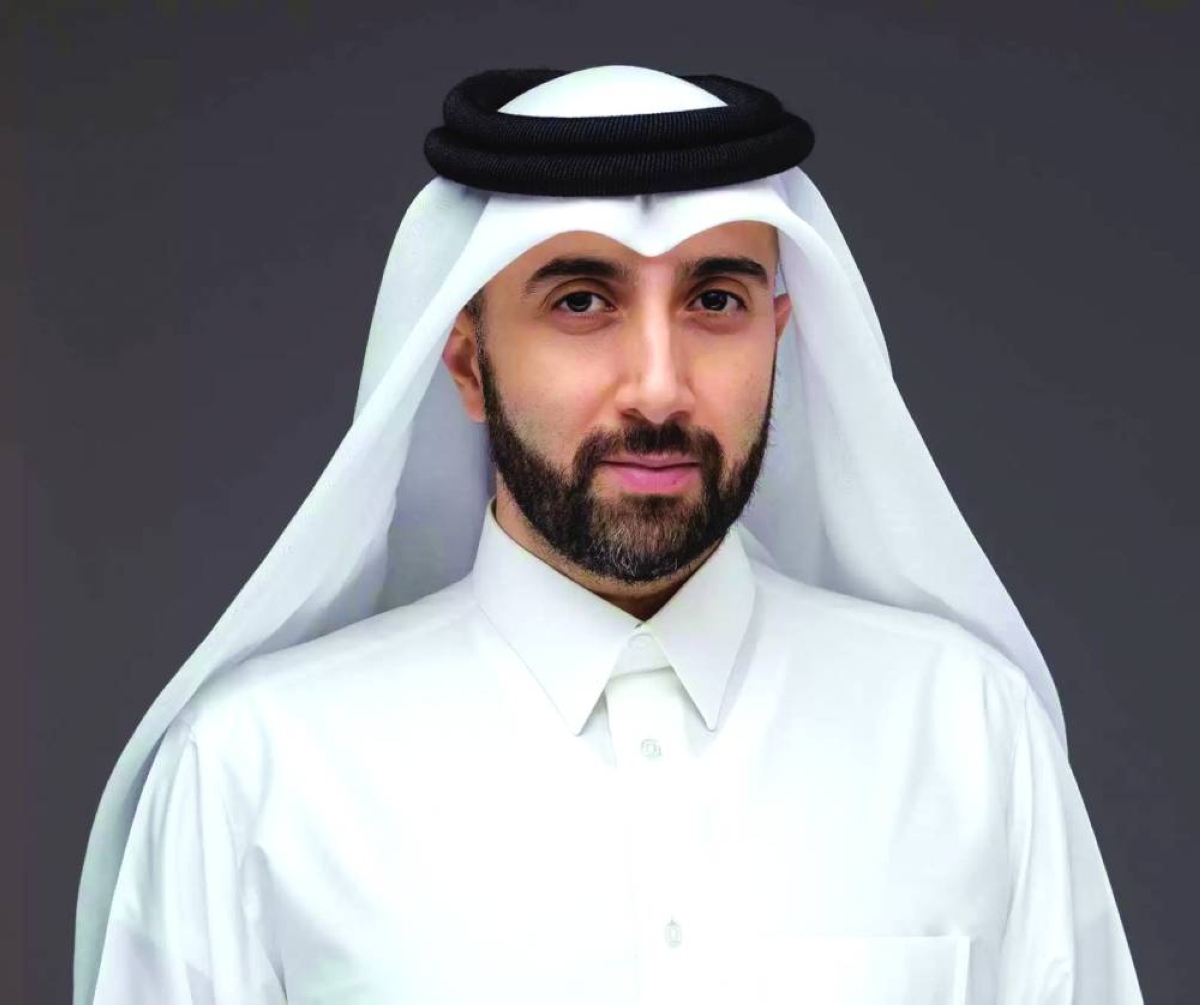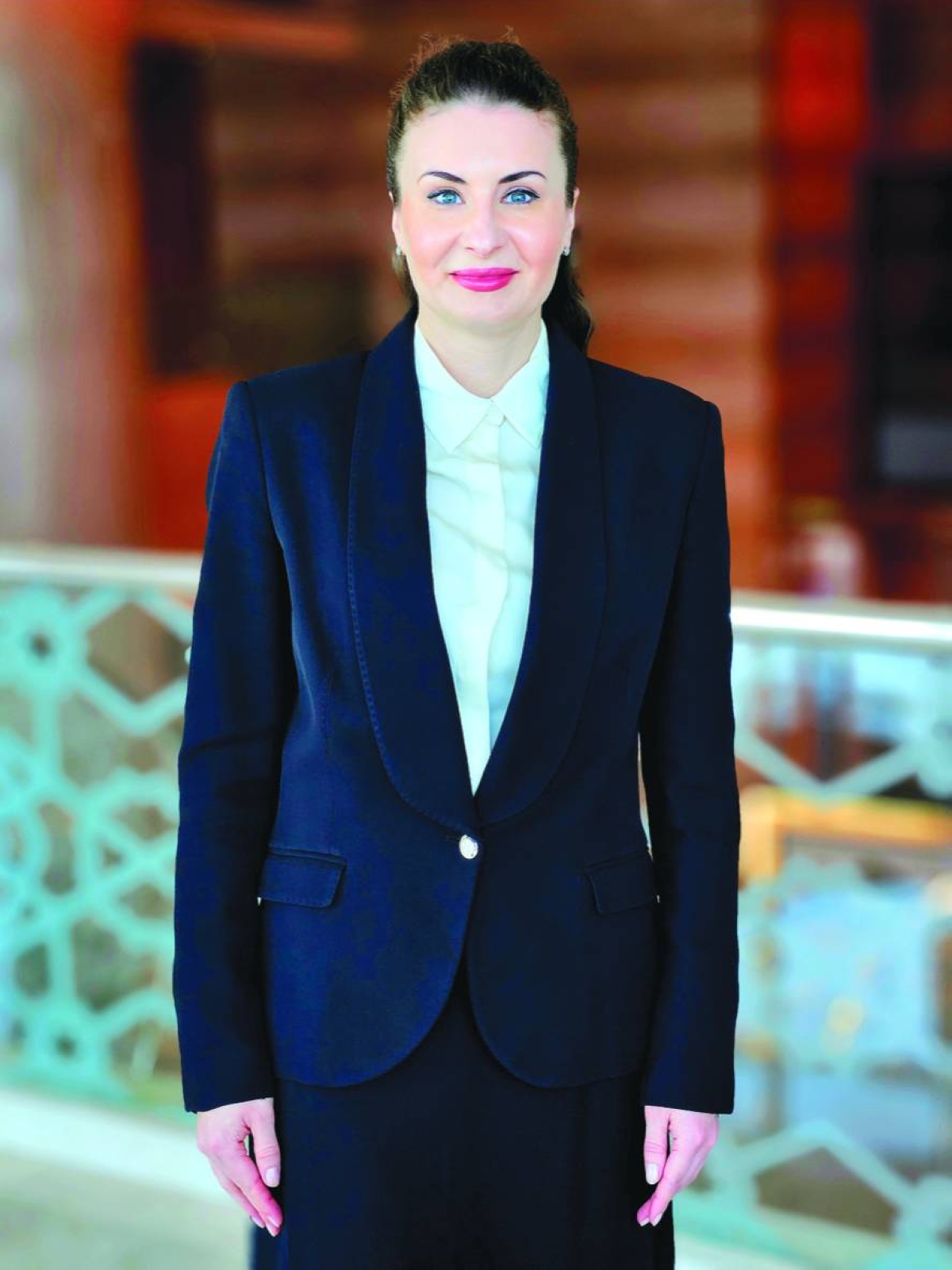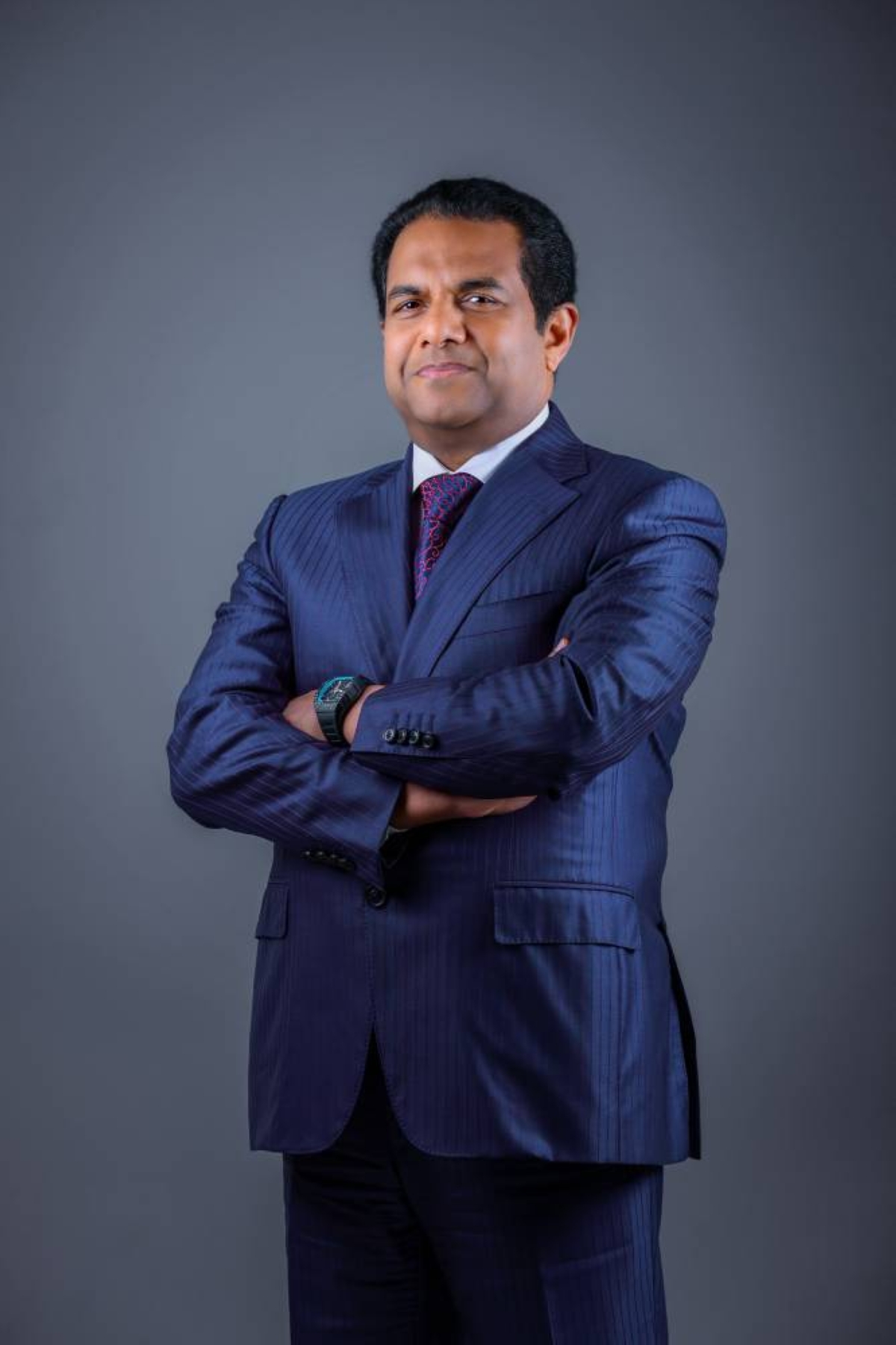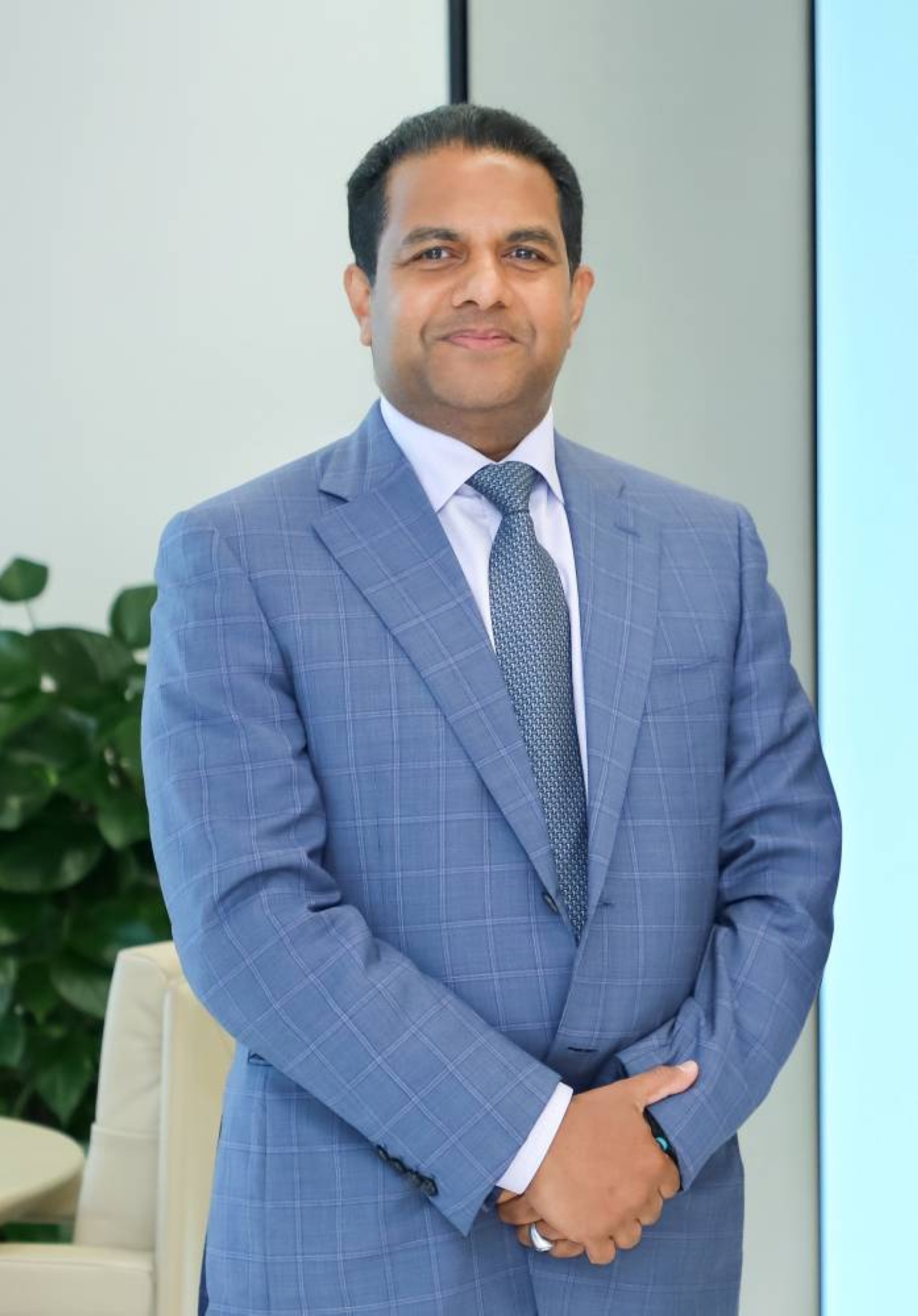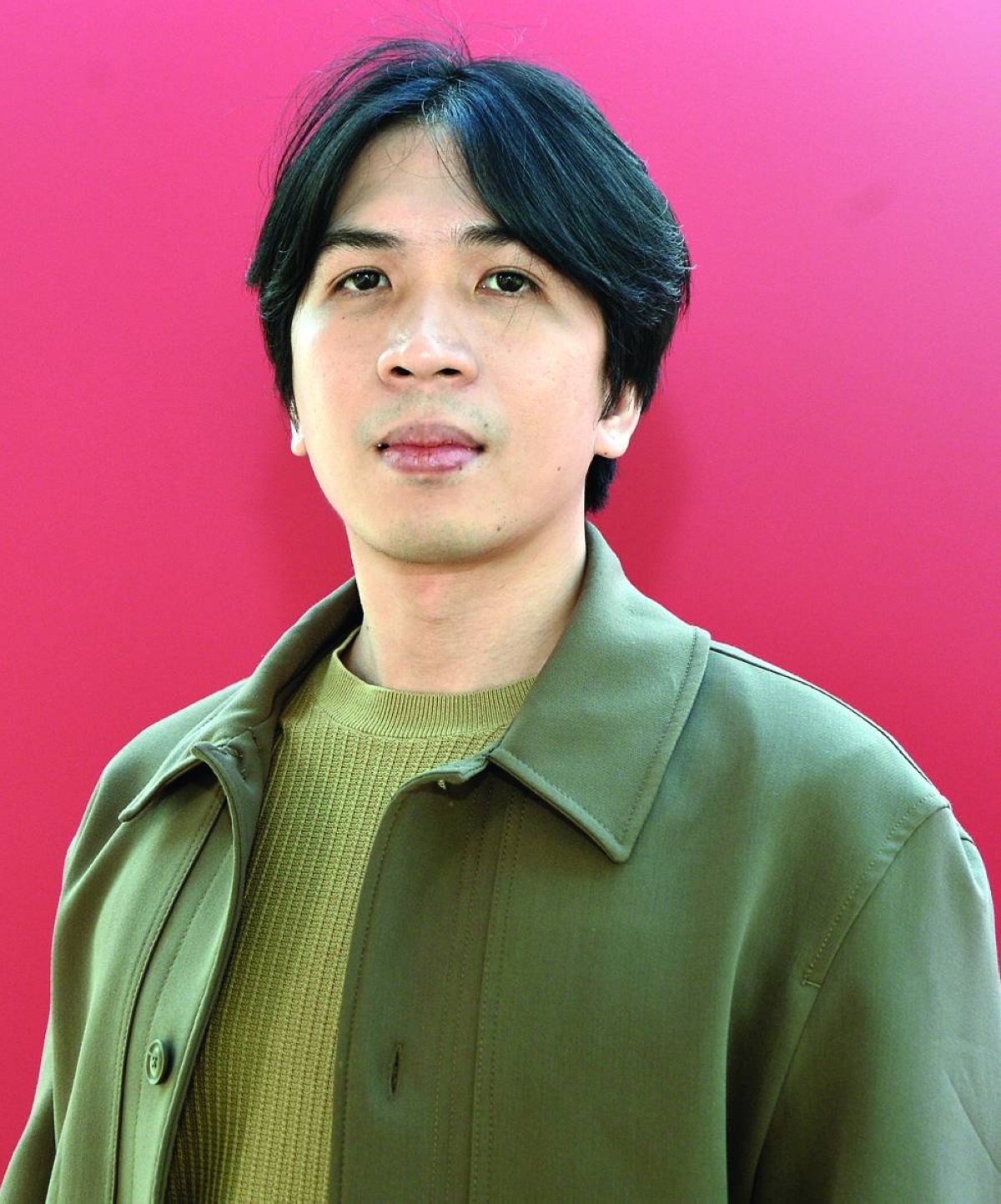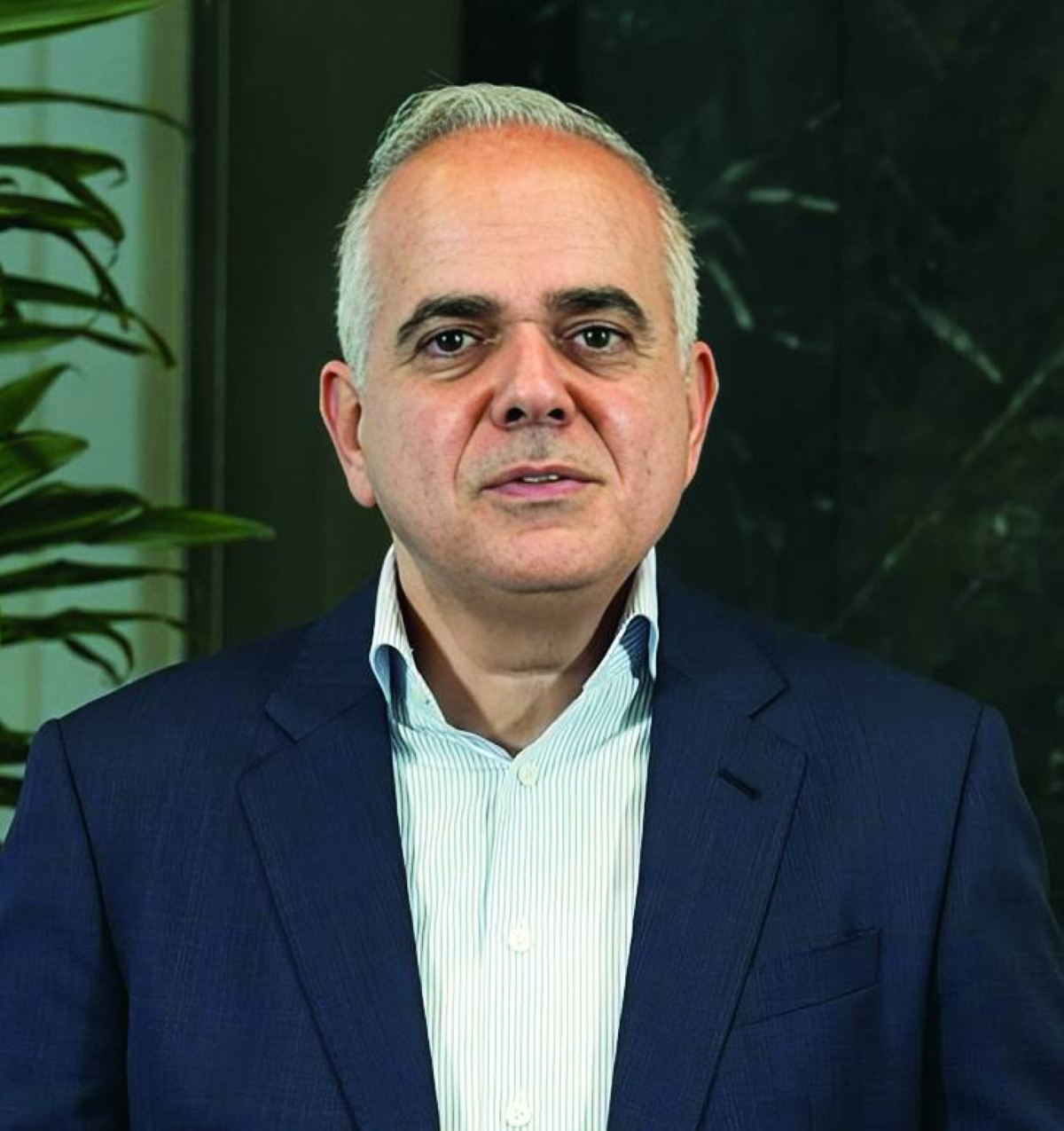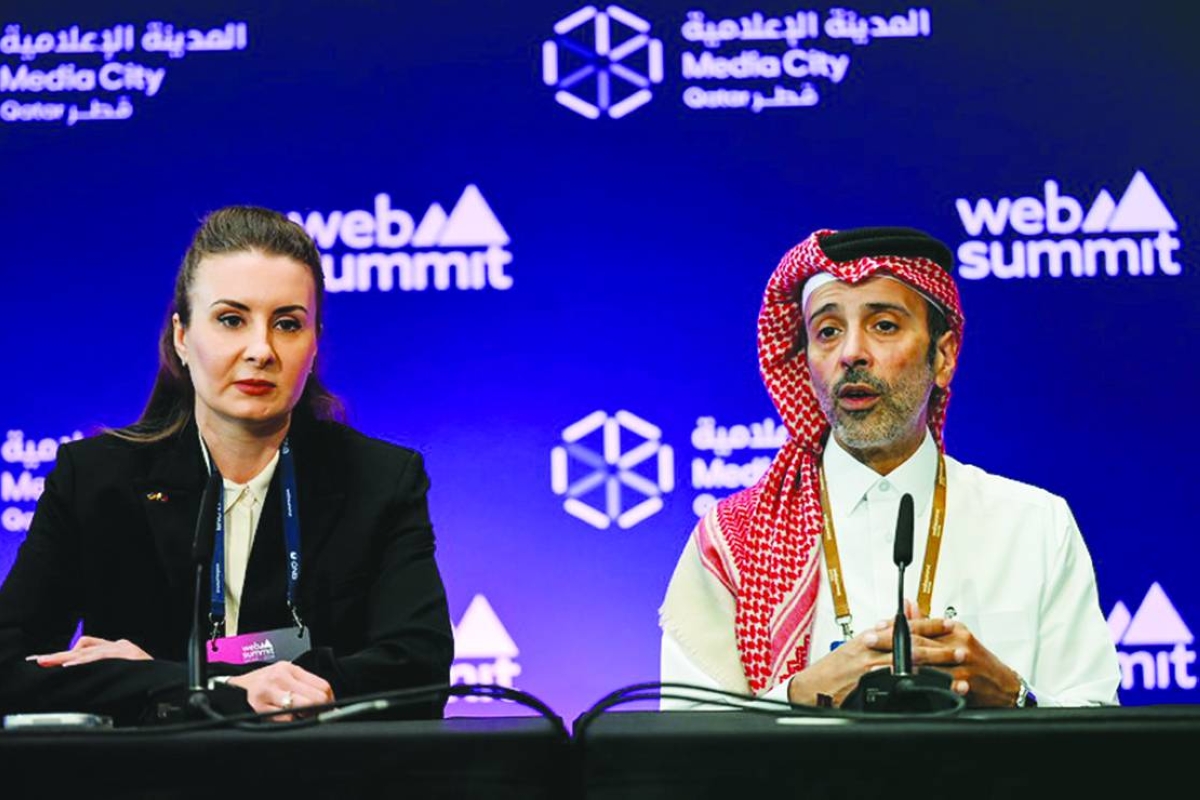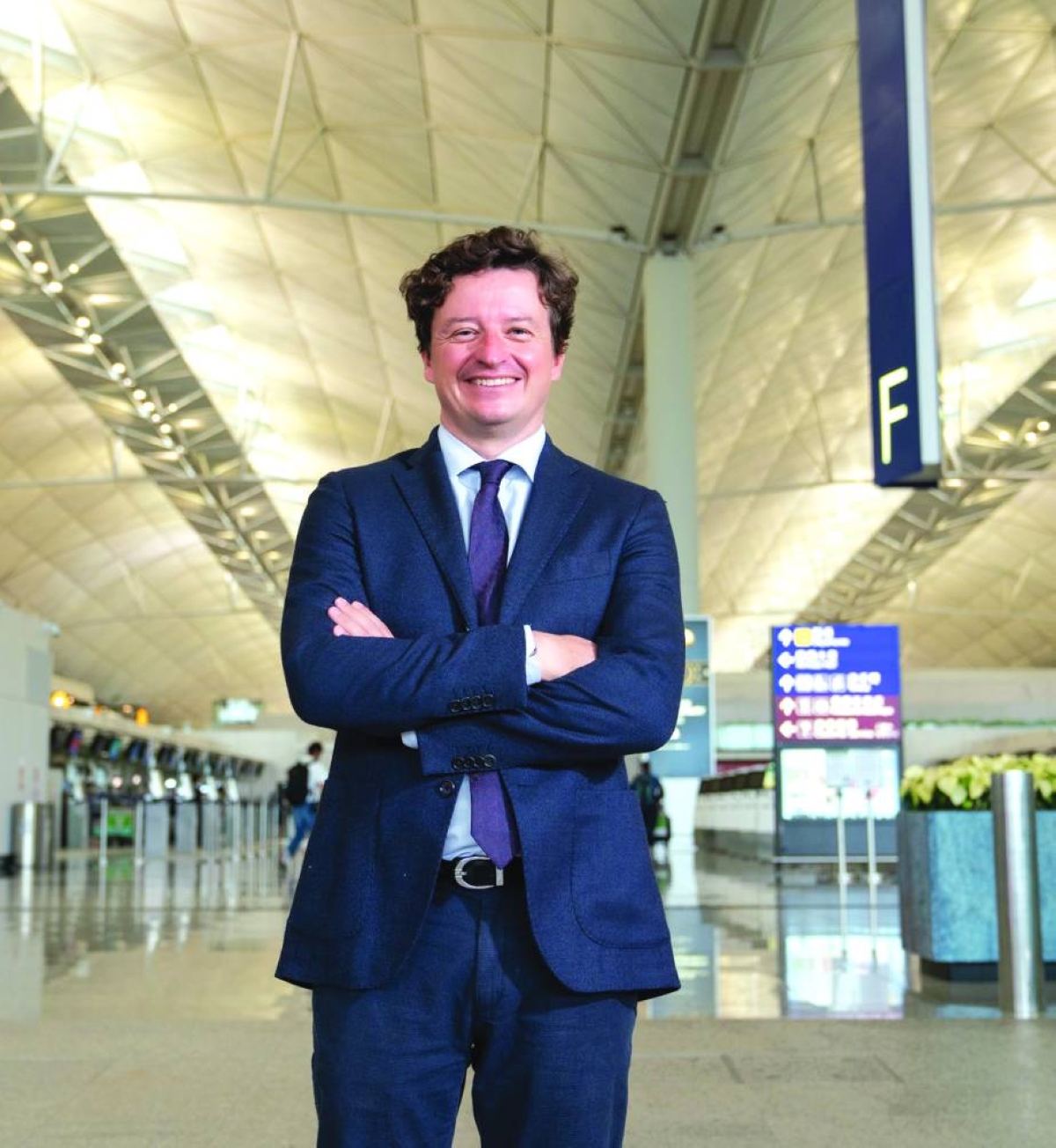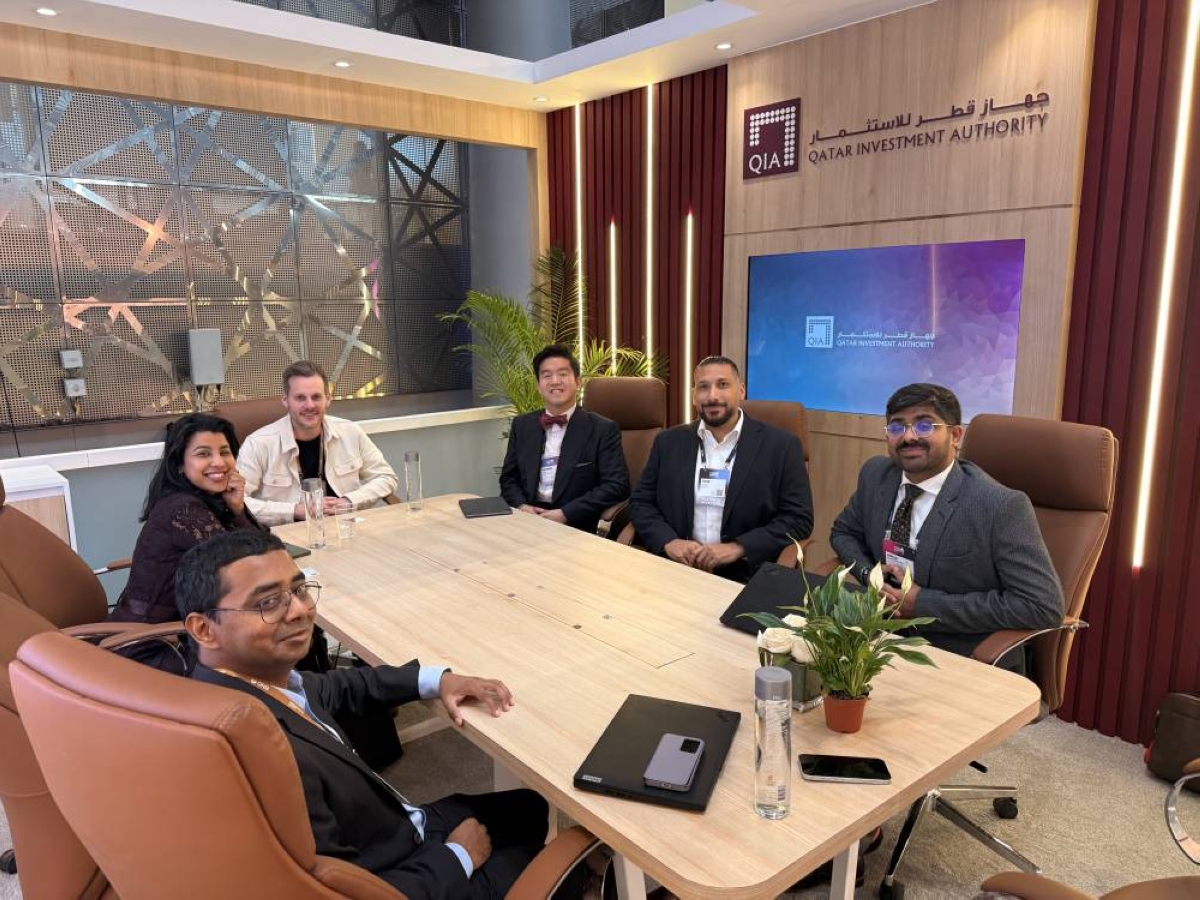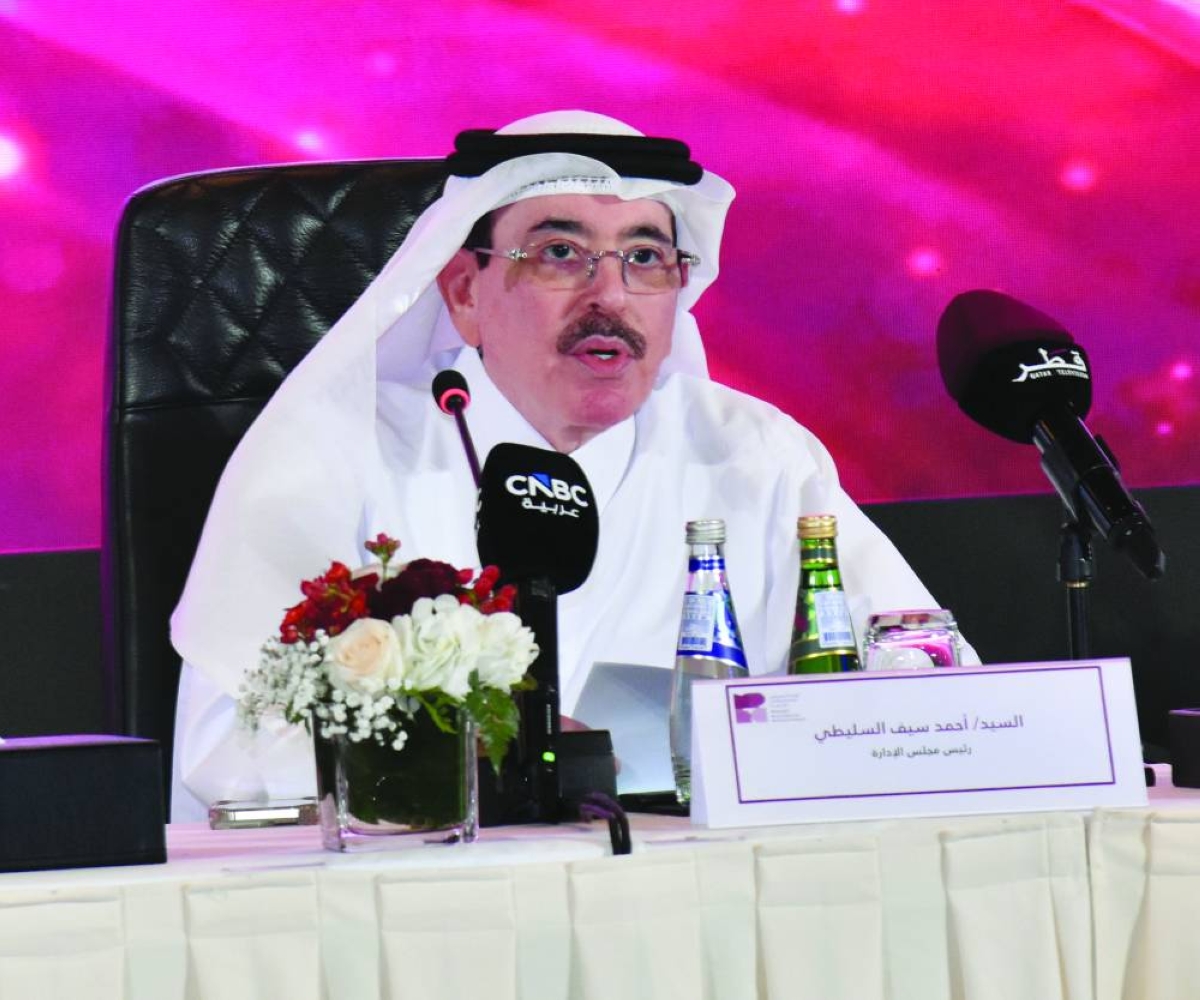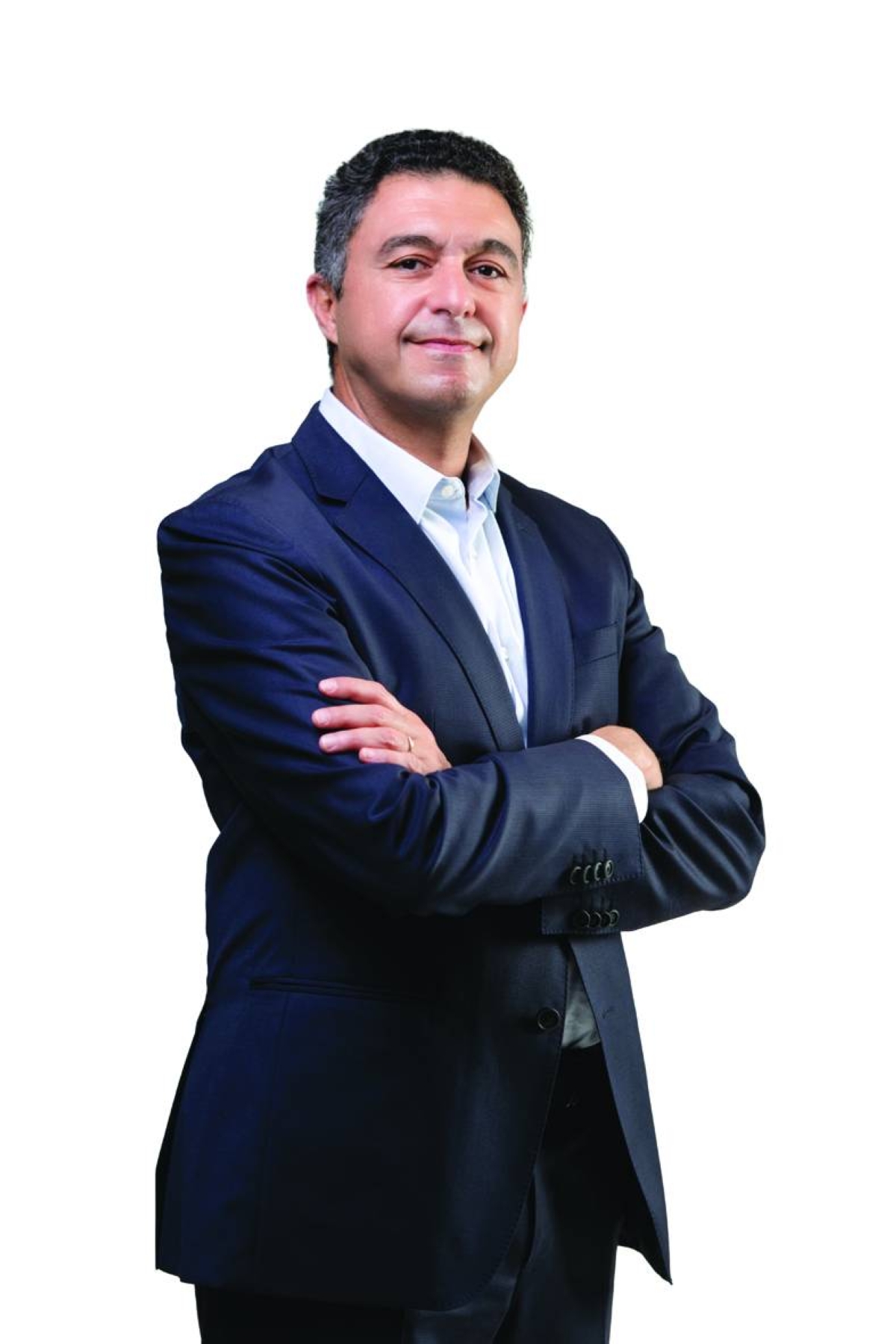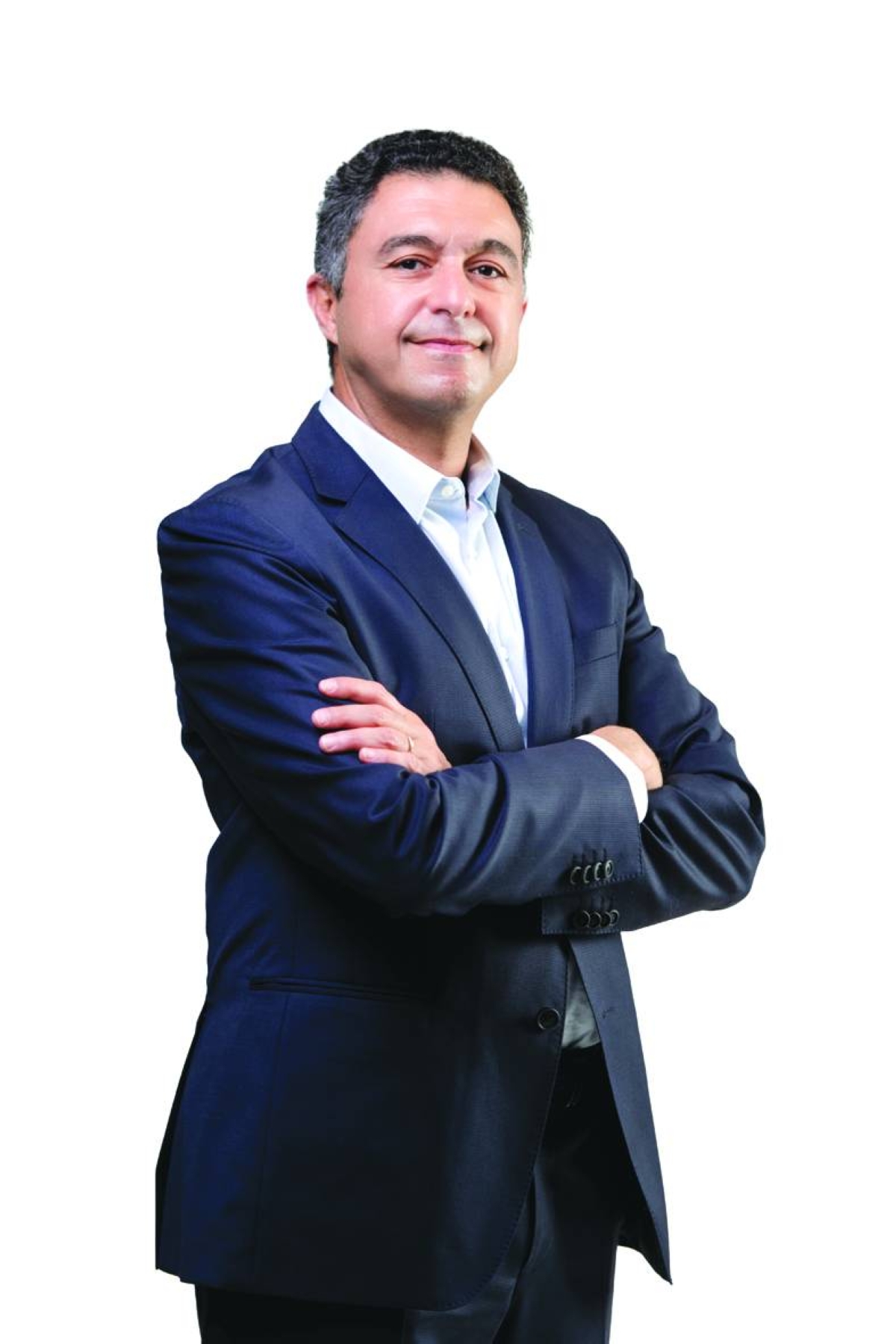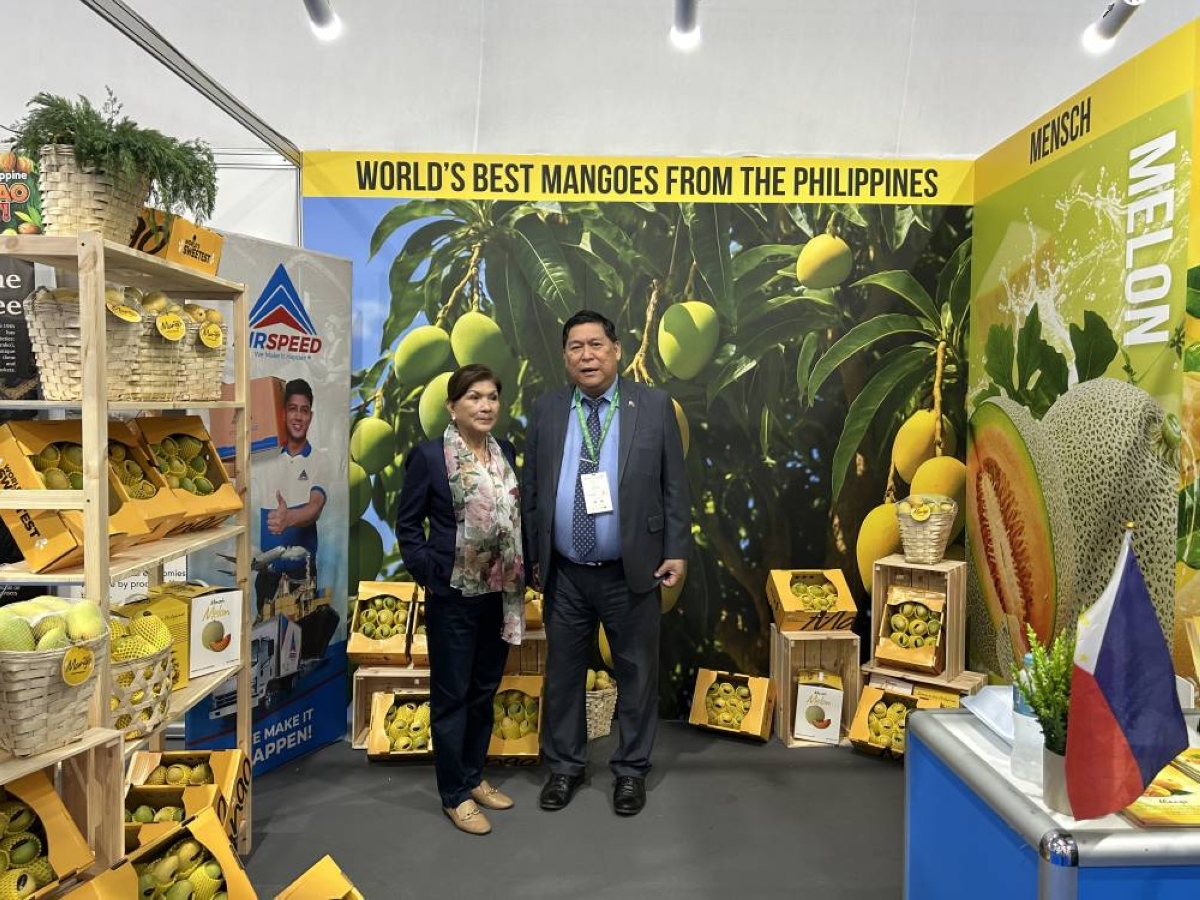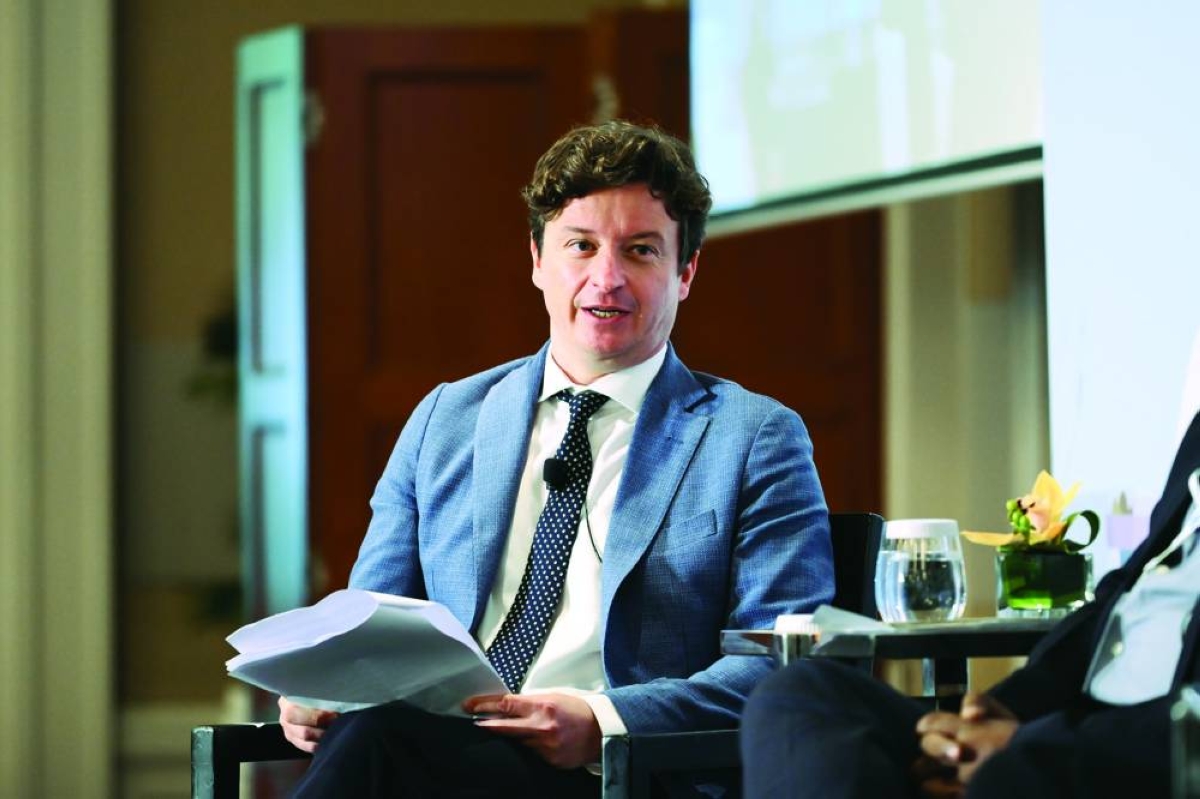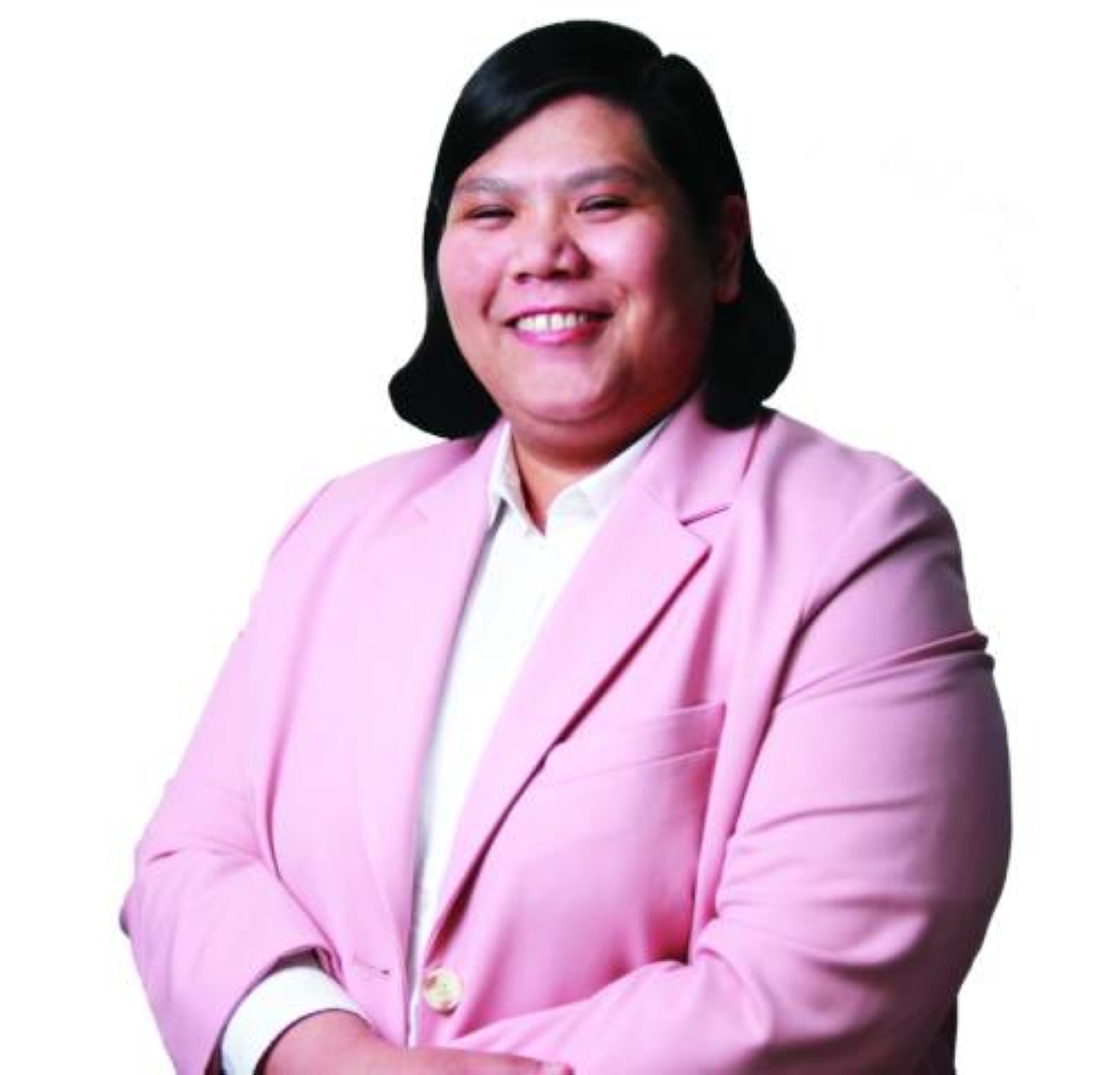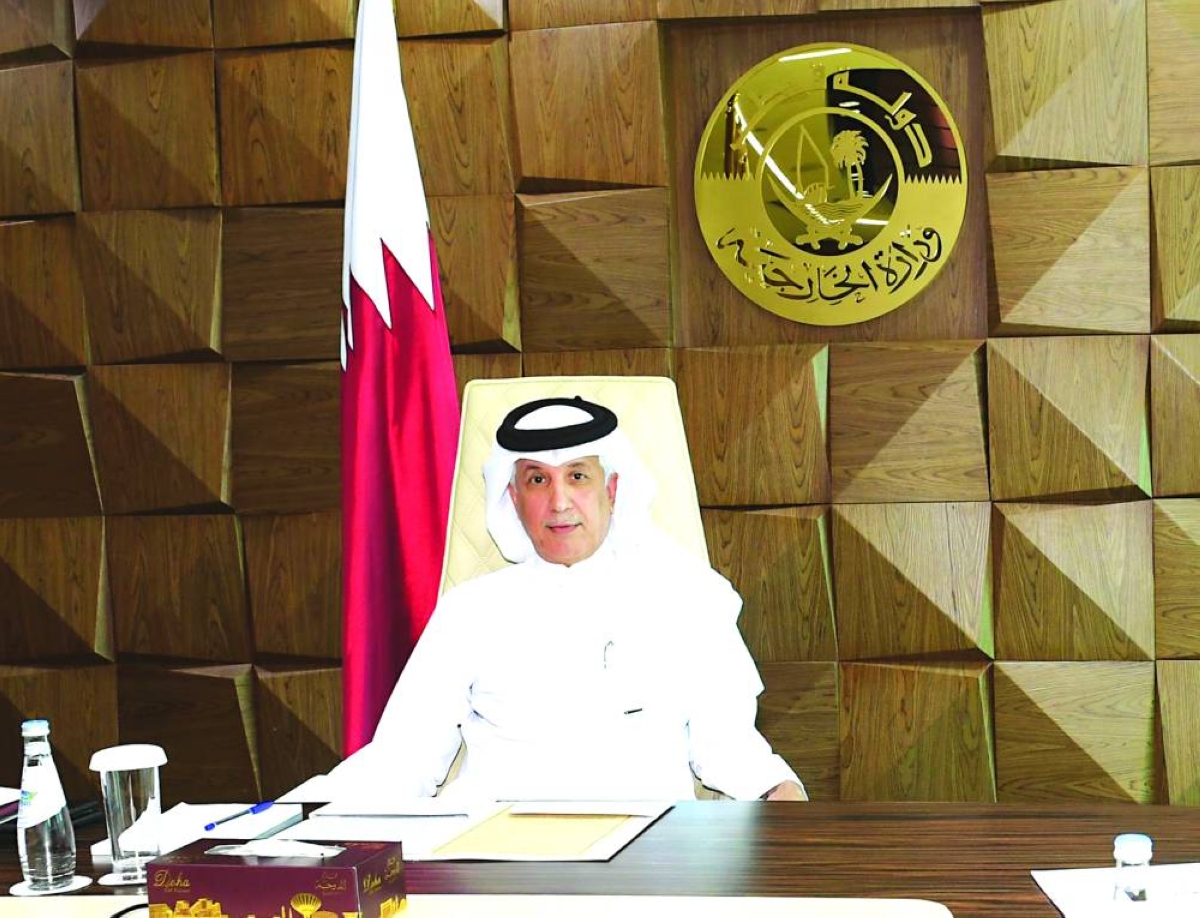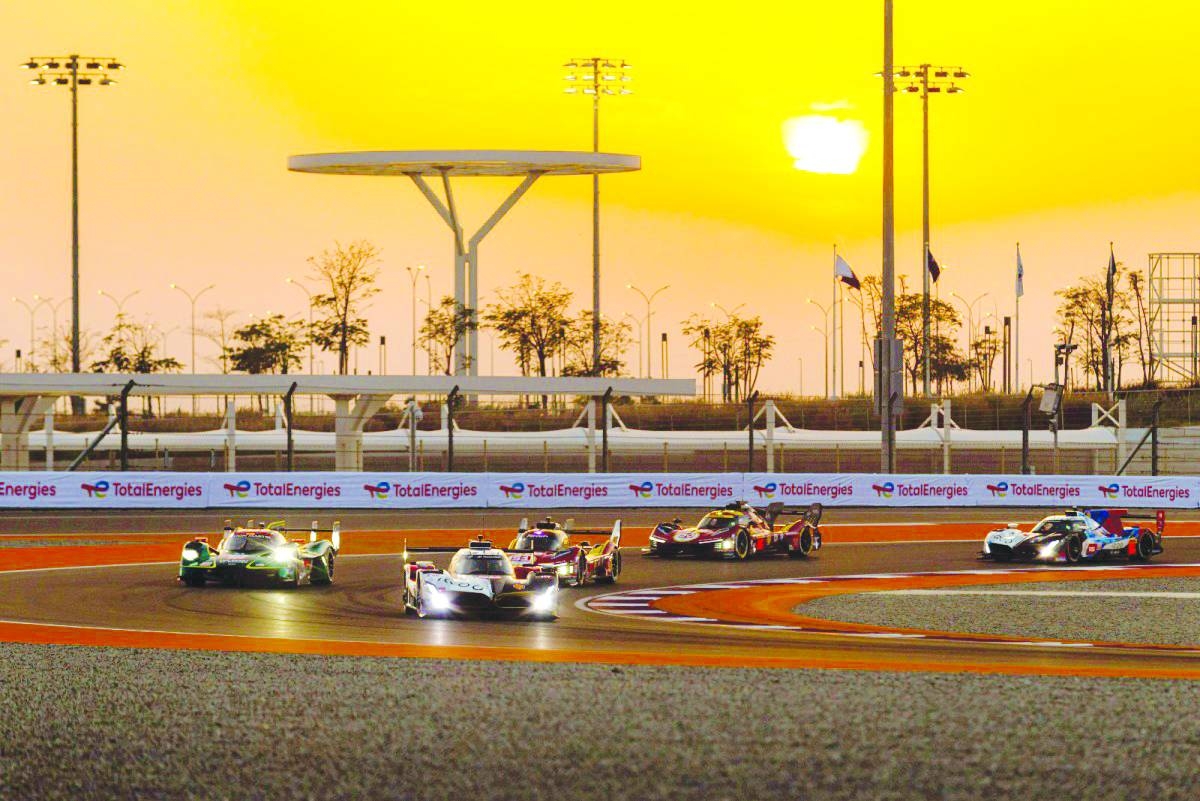The announcement to expand the Qatar Investment Authority’s (QIA) Fund of Funds to $3bn is being hailed as a turning point for the country’s innovation economy, with wide-ranging benefits for entrepreneurs, investors, and local and international talent, it is learnt.His Excellency the Prime Minister and Minister of Foreign Affairs Sheikh Mohammed bin Adbulrahman bin Jassim al-Thani’s speech at the Web Summit Qatar 2026 held last month earned praises from key industry players and stakeholders after he announced an additional “$2bn” of funding to the programme, bringing the total capital commitment for the Fund of Funds to “$3bn.”According to the QIA website, another highlight of the Prime Minister’s speech was the announcement of five new funds that are joining the Fund of Funds programme, whose expertise includes artificial intelligence (AI), fintech, blockchain technology, infrastructure, and special situations. They are Greycroft, Liberty City Ventures, Shorooq, and Speedinvest.“The Fund of Funds programme now supports 12 regional and international fund managers in Qatar, demonstrating the significant growth of Qatar’s startup ecosystem and its increasing connectivity to global markets,” the QIA also stated.QIA CEO Mohammed Saif al-Sowaidi said the calibre of the venture capital (VC) firms seeking to bring expertise to promising local ventures demonstrates Qatar’s position as an attractive investment destination for global capital.“With an aggregate AUM of nearly $10bn, the new funds joining the programme will support our efforts to develop Qatar as a regional hub for VC expertise. While Doha represents the first international office for many of our funds, these managers are also encouraging their portfolio companies to establish their regional HQ here – further positioning Doha as a hub for entrepreneurs,” al-Sowaidi pointed out.Beyond funding, the initiative is designed to attract and retain talent. The QIA emphasised that “the programme enables startups and entrepreneurs in the region to have access to capital they need to flourish, bringing new VC talent to Doha and strengthening the local ecosystem in partnership with other government and private sector entities.”Additionally, Qatar recently introduced a 10-year residency programme for entrepreneurs, founders, and senior executives, complementing the expanded fund. This was lauded by industry experts, including Daria Revina, co-founder and vice chair of the Qatar-Ukraine Business Forum (QUBF), who noted that the initiative enhances Qatar’s position as “one of the most attractive destinations for founders seeking both funding and long-term stability.”Speaking to Gulf Times, Revina also pointed out that the $3bn fund will strengthen Qatar’s role as a global investment hub, encouraging international venture capital firms to co-invest and bring expertise, networks, and best practices.The Fund of Funds programme, launched by the Prime Minister at Web Summit 2024, has currently committed more than “$1bn” to leading regional and international venture capital firms, contributing to the development of Qatar’s venture capital landscape, the QIA added.

Peter Alagos
Peter Alagos reports on Business and general news for Gulf Times. He is a Kapampangan journalist with a writing career of almost 30 years. His photographs have been published in several books, including a book on the 1991 Mt. Pinatubo eruption launched by former Philippine president Fidel V. Ramos. Peter has also taught journalism in two universities.
Most Read Stories

